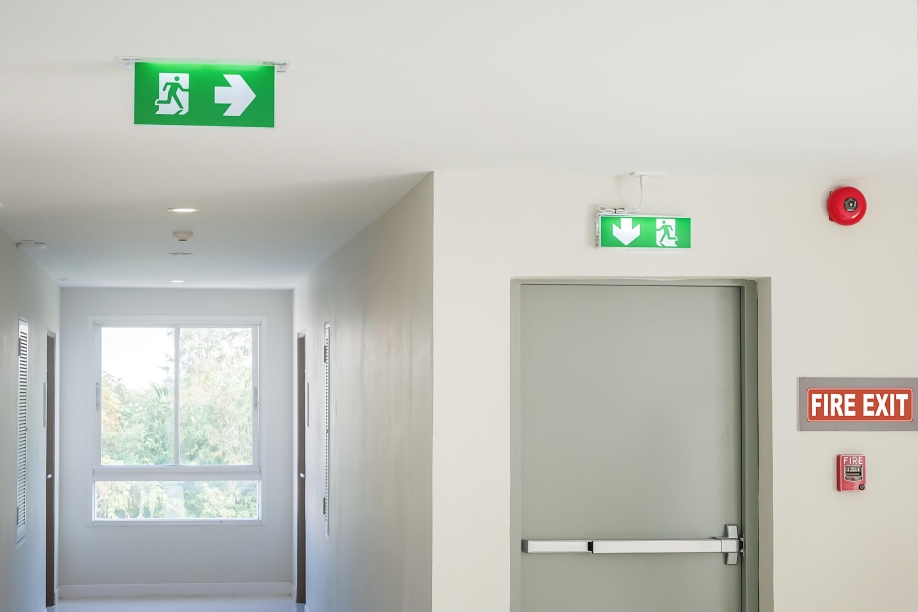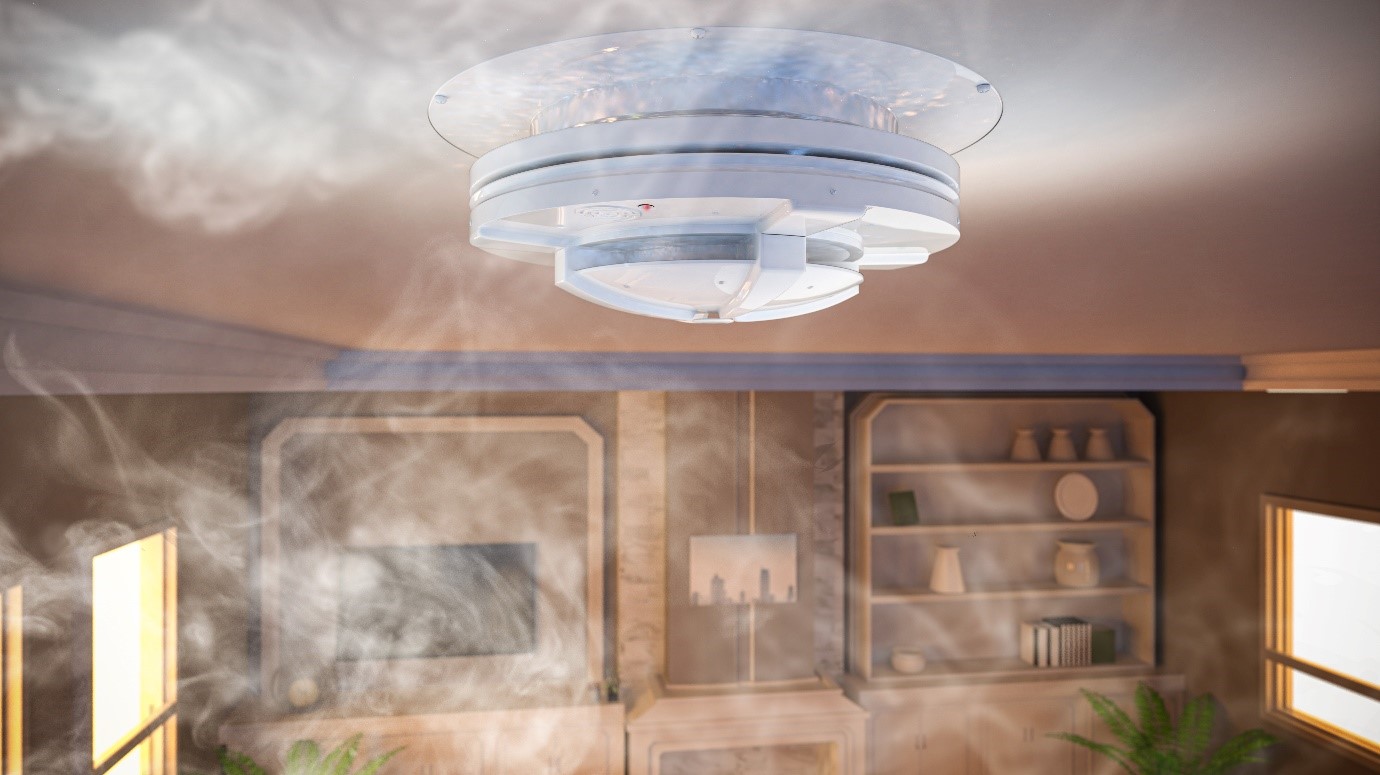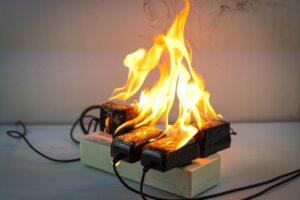Most fires start accidentally – and the effects can be devastating. A fire detection system can save lives by providing us with an early warning – and time to escape. There is much discussion on the topic of heat detectors vs smoke alarms, which highlights the pros and cons of the respective fire detection systems. While both are essential to help keep everyone safe, there are important distinctions between them.
Read on to discover how heat detectors and smoke alarms differ and how Palcon can provide your business with fire protection services to keep your people and building safe.
Features Of Heat Detectors and Smoke Alarms:
Heat detectors are entirely different from smoke alarms. Instead of smoke or fumes, they detect excessive heat in their surrounding area. While heat detectors have fewer false alarms, they take a longer time to identify a fire than smoke alarms.
On the other hand, smoke alarms are traditionally used in residential properties. This is because smoke alarms give off a warning even when they detect only a tiny amount of smoke. Although smoke alarms tend to make more mistakes than heat detectors, they are vital for detecting the first sign of fires.
How Do They Work?
Heat detectors come with two types of technologies. Electro-pneumatic heat detectors contain a diaphragm that moves and activates the alarm when the pressure changes due to a shift in the room temperature.
Thermocouple heat detectors contain two thermocouples. The first monitors the heat transferred by radiation or convection, and the second reacts to the surrounding room temperature. The heat detector sounds an alarm when the temperature of the first thermocouple is higher than the temperature of the other, indicating a fire.
Smoke alarms, however, use ionization and photoelectric technologies to detect fires by sensing small particles in the air. The alarm activates when those particles go above a certain threshold.
Heat Detectors vs Smoke Alarms: Where to Install Them?
When there is a rise in heat, this triggers the heat detectors. They are usually installed in rooms where highly-flammable chemicals are kept and dusty environments like basements and storage facilities.
Smoke detectors on the other hand should be installed in every room and placed high up on a wall or the ceiling. They should also be kept away from kitchens and bathrooms as the steam can damage the alarm and set it off by accident.
READ MORE: 10 Safety Measures to Follow When Using Electrical Appliances in the Workplace
Heat Detectors vs Smoke Alarms: Important Things to Note
It is important to remember that heat detectors only detect a rise in temperature; not signs of a fire, like smoke. Therefore, installing both a heat detector and a smoke alarm can safeguard you against fires.
As for smoke alarms, screw them into the wall or ceiling upon installation. Do not use glue as it will seep into and damage the smoke alarm.
Palcon is a trusted fire safety company that provides businesses in Malaysia with a full range of fire detection systems. Our solutions are suitable for all types of business premises and buildings.









